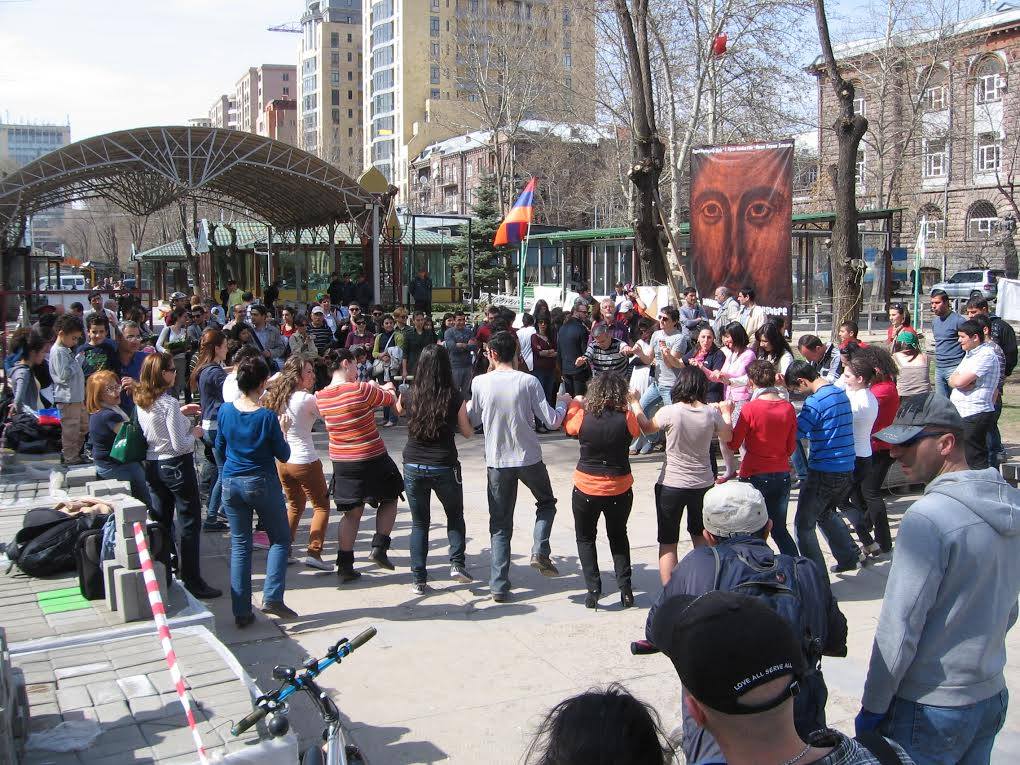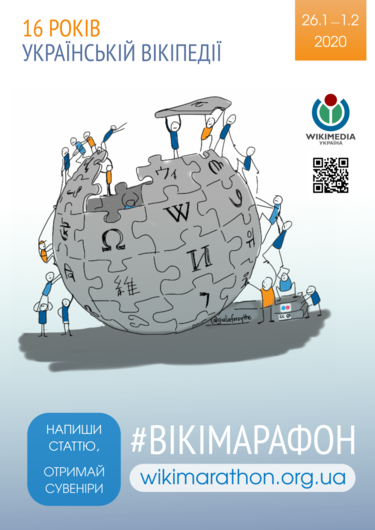by Stas Ghiletchi, Local Correspondent from Moldova
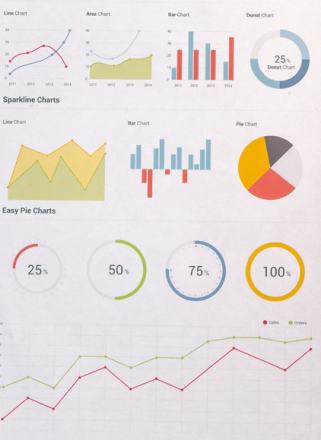
Local authorities are reluctant to encourage citizen participation because they believe that community involvement will put additional pressure on budgetary resources which are already very limited. The perception of the authorities is that citizens will get involved only to ask for more money for local services and infrastructure projects. But this perception and understanding is wrong. Citizen’s participation means more than just money for their needs. Authentic participation provides a platform for ongoing dialogue between citizens and authorities, which allows officials to inform citizens and request feedback from them to make sure that they make the best decisions with the financial resources available. In order to tackle the issues of low level participation and the ignorance of citizens feedback by the decision makers, a new project for good budgetary[1] governance was launched in the Republic of Moldova. The overall objective of the project is to increase the involvement of local civil society in budgetary process and to improve transparency, efficiency and effectiveness of fiscal policies. The project is being implemented by Expert-Grup (an independent think tank) and the Institute of European Policies and Reforms (an NGO). The project is financed by the European Union and Konrad Adenauer Stiftung.
Despite recent progress in publishing budget documents online, according to the open budget index[2] from the International Budget Partnership (an advocacy group), Moldova scored only 7 points out of 100 in public participation in budget development. Thus greater efforts, in terms of amount, level of detail and timeliness of budget information must be made in order to achieve grater financial transparency and meaningful participation from citizens.
One distinctive characteristic of the project is the creation of Local Coalitions in twenty-five cities around the country. The mission of the coalition is to increase the transparency of public spending, fiscal accountability and citizen participation in all stages of the budgetary process. Members of the Local Coalition come from civil society, citizens, representative of local businesses and other professional groups (e.g. teachers, doctors). Local coalitions can change the fundamentals of advocacy. According to a study[3], which measured the citizen participation in local government, effective participation involves advocacy on behalf of the community and not the individual. Thus, citizens’ participation in local coalitions will reduce the narrow and self-interested way of advocacy and encourage macro-level engagement with public authorities. Local coalitions will also be involved in: monitoring of public procurement; development of concrete measure to improve local budgets or organization of public hearings. The activity of the local coalitions will motivate people to take part in the creation of local budgets and increase the level of citizen participation.
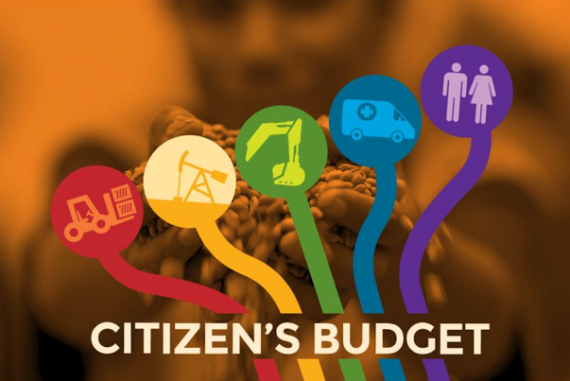
Another objective of the project is to make the complicated budget process and the complex language of the budget closer to citizens. The technical nature of the budget represents a major setback when citizens want to participate as very few people have time, resources and know-how to really review budget allocation decisions. In a recent interview[4] offered by a local councilor from Chisinau municipality (the capital of the Republic of Moldova) regarding an increase of tax approved at the end of the last year, the councilor acknowledged the fact that due to complexity of the budget he and his colleagues missed the details and will ask for a review of the decisions as they do not support the tax increase. This example proves the significance of presenting budgets in simplified form and in a timely manner in order to allow everyone to review and provide feedback.
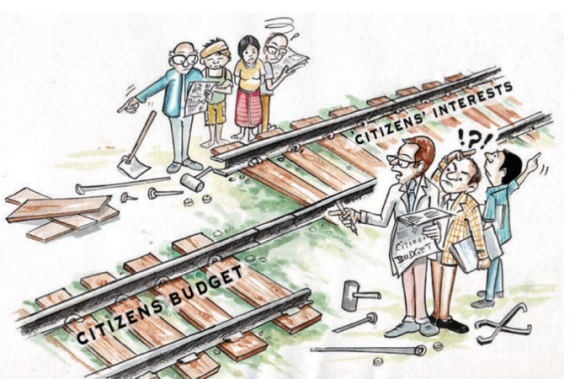
Transparent money means that officials are accountable in managing public money, less corruption and fraud in public procurement, more equitable distribution of local goods and services, higher capacity to respond to the needs of the people in the local community and better social inclusion. On top of it, transparency in public finances represents an important predictor of a city credibility in the eyes of the market. Hopefully, in the next two years, both citizens and local public authorities will be better equipped in designing budgets that take into account the needs of the community. Openness about government expenditures is important as clarity about spending money can make a poor country like Moldova a lot richer.
[1] For more details about the project – http://bugetulmeu.md/
[2] https://tribuna.md/2018/01/31/clasamentul-mondial-open-budget-index-la-capitolul-asigurarii-transparentei-rm-a-acumulat-58-de-puncte-din-100/
[3] BERNER, MAUREEN M., et al. “WHAT CONSTITUTES EFFECTIVE CITIZEN PARTICIPATION IN LOCAL GOVERNMENT? VIEWS FROM CITY STAKEHOLDERS.” Public Administration Quarterly, vol. 35, no. 1, 2011, pp. 128–163. JSTOR, www.jstor.org/stable/41804544.
[4] https://www.publika.md/taxe-usturatoare-pentru-organizarea-evenimentelor-in-chisinau-sumele-pot-ajunge-la-milioane-de-lei_3069158.html
This article was produced by Stas Ghiletchi, the Project’s local correspondent and EaP Civil Society Fellow from Moldova in the framework of the EU-funded ‘Eastern Partnership Civil Society Facility – Regional Actions’ Project. Its contents are the sole responsibility of Stas Ghiletchi and do not necessarily reflect the views of the European Union or the Project
Read more about our local correspondents here.



